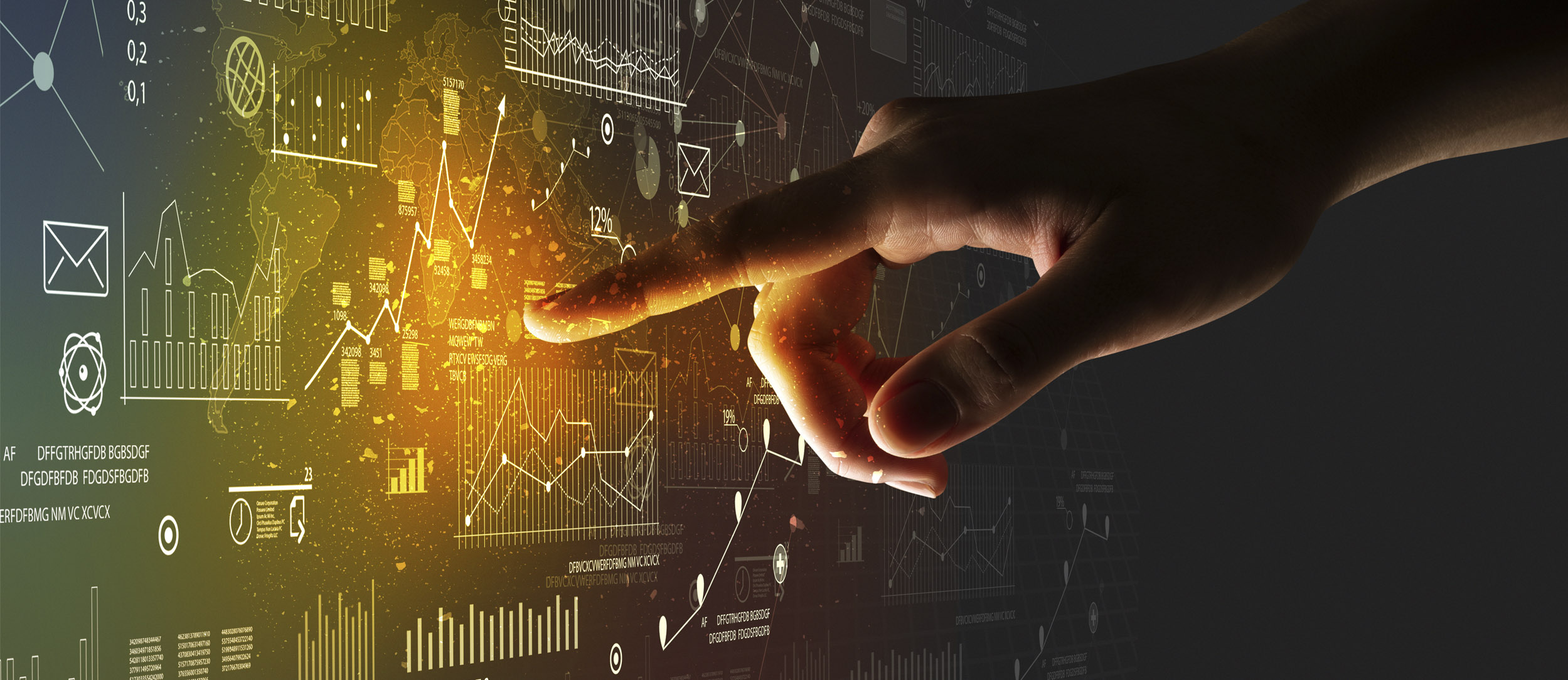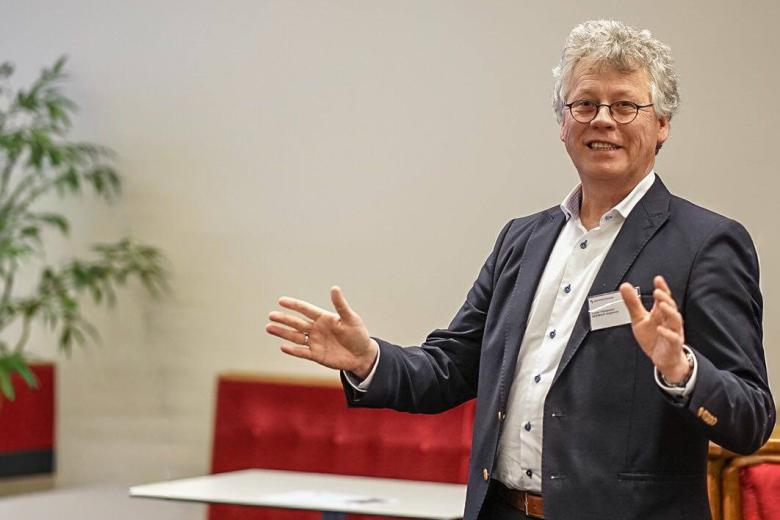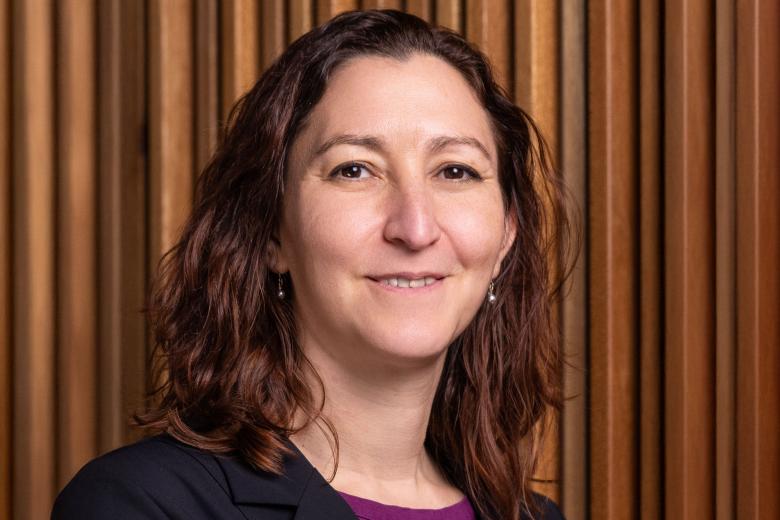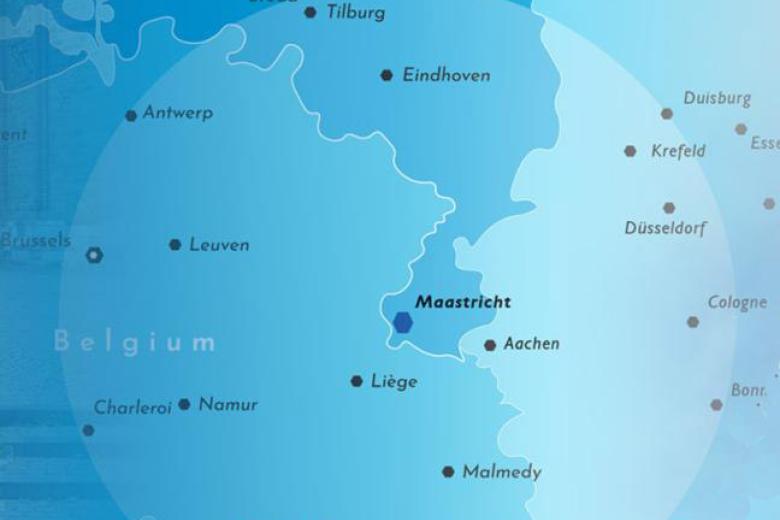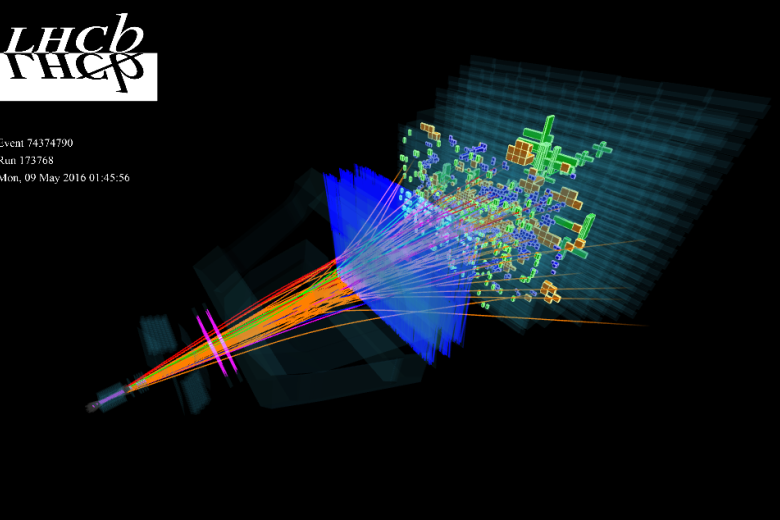Data Science @ UM
Vast amounts of data are being generated across all segments of society. If taken advantage of, these data offer an unprecedented opportunity to accelerate scientific discovery, to improve healthcare and wellbeing, and to strengthen our communities. Data Science is an interdisciplinary field concerning the scientific methods, systems and workflows used to obtain insights from data.
Value proposition
We are a pioneering, university-wide network of data-driven researchers at an institution with more than 25 years’ experience in Data Science education and research. Our community consists of multidisciplinary teams that address significant scientific problems and major societal issues through and related to data science including social, legal and ethical concerns in a wide range of academic disciplines.
Research
Our researchers advance the state of the art in data science methods, tools, and infrastructure, use these in a broad set of societally relevant applications, and study the nature, emergence and consequence of the digital society.
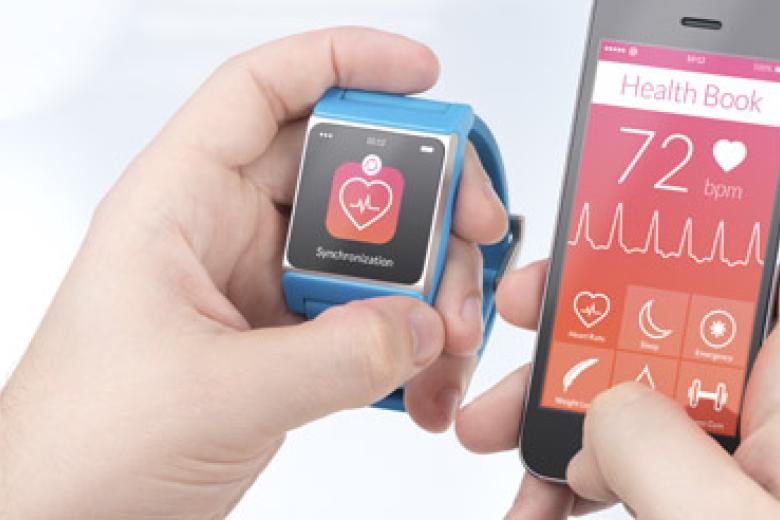
Education
Maastricht University offers data science education at all levels: bachelor's programmes, master's programmes and expert courses for professionals.

Community
Experts in Data Science from different application fields will meet in multi-disciplinary teams to share and combine their knowledge in order to create data driven innovations
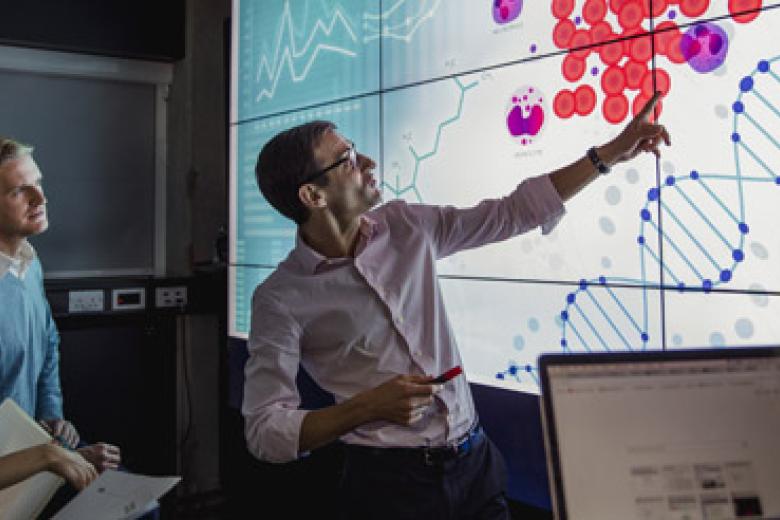
How can we use data science to create knowledge that strengthens and empowers society? The data science community at Maastricht University helps provide the answers.
